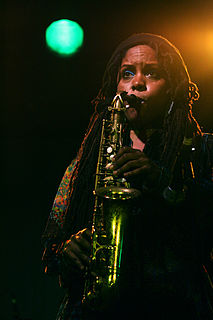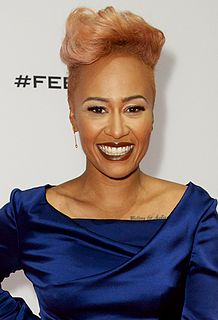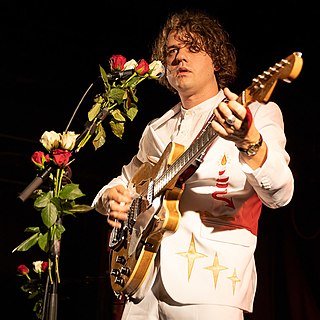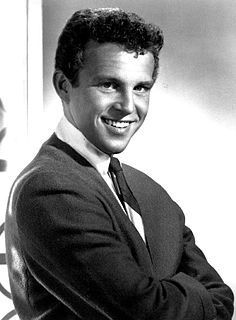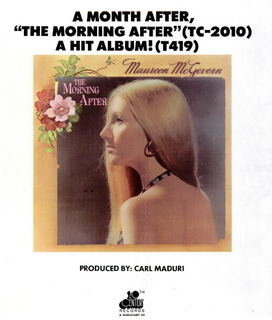A Quote by John Prine
When you're singing somebody else's songs, it's just pure joy to me.
Related Quotes
I have often sung to drown my sorrow, but seldom to express my happiness. Crying for joy, and singing for joy, were alike uncommon to me while in the jaws of slavery. The singing of a man cast away upon a desolate island might be as appropriately considered as evidence of contentment and happiness, as the singing of a slave; the songs of the one and of the other are prompted by the same emotion.
When you're really bummed out, the last thing you want to hear is up-tempo and positive. And it lets you know that you're not alone, that somebody has hurt before. It works the same way with chick songs as it does with political songs. When you hear somebody singing about these things, you know that you're not alone, that somebody else is suspicious of what's going on around us in the world. So you don't feel like you're crazy, and you feel like you might be able to make a difference.
I'm able to lead my life as well as make a film. My wife and my friends and people around me know that I do tend to distance myself a little bit during the making of a film, but I have to, it's a natural part of the process for me because you are indulging in the headspace of somebody else, you are investing in the psychology of somebody else and you are becoming somebody else, and so there isn't enough room for you and that somebody else.
The first person who showed me that I could be a maker of music was one of my best friends. It's like, you can't see yourself doing something until you see somebody else doing it. Other people were encouraging me singing, but this was the first time that I could see myself writing songs and playing guitar.
On-stage, I definitely want to use my real self because I'm singing to people who believe in what I'm singing, and I believe in what I'm singing, but they shouldn't be fooled because we all have fake selves and it's in there somewhere. It's not pretending to hurt somebody; it's just something that comes out of me, from my experience.




